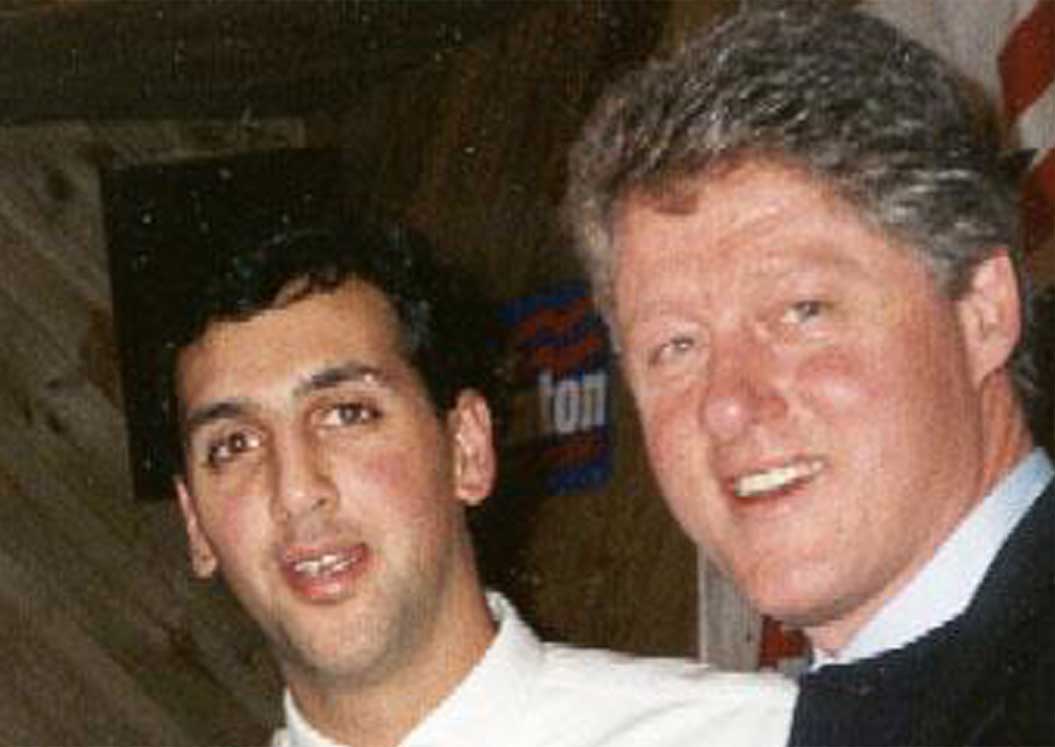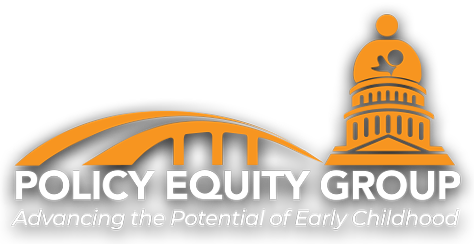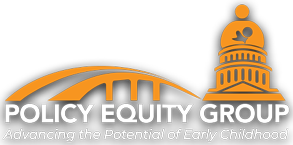Who We Are
Perhaps the best advice we received when starting our organization was: “You have to know your why.” Everyone should have a core story that drives them. We wanted to share ours.
Jeffrey Capizzano
I grew up in a working poor family. My father was an immigrant from Southern Italy who worked as a painter at a shipyard. My mother was mostly a stay-at-home mom, but when money was really tight, she would clean houses or work as a crossing guard for the school. She was born in 1929 and spent her early childhood—the most consequential phase of her human development—in agonizing, Depression-era poverty. She carried the weight of those early experiences (what we now know as adverse childhood experiences or ACEs) into adulthood. My parents strived to provide different experiences for me, and I benefited from a circle of familiar adults—relatives, teachers, and community leaders—in my tight-knit Italian neighborhood. Some of the adults who helped were unknown to me. They were names on the scholarships I received and members of the town council who approved funding for improvements to the local playground. The adults in my life were humble and generous and modeled the life that I have tried to lead—a life in service to others.

 Largely because of my childhood, and for as long as I can remember, I have sought to understand the impact of poverty and find ways to improve the lives of children and families caught in it. My first exposure to poverty policy came as a junior staffer on the Bill Clinton campaign in 1992, when then-Governor Clinton promised to “end welfare as we know it.” After he was elected, I went off to graduate school at the University of Virginia to study poverty policy. President Clinton made good on his promise, spearheading welfare reform legislation in 1996. For my first “real” job, I spent seven years at the Urban Institute understanding the implications of welfare reform on very young children. The 1996 legislation required recipients to work, which begged the question of how mothers receiving benefits arranged care for their children while they met the work requirements. It was at the Urban Institute where I learned the profound importance of the first five years of life and the relationship between high-quality early care and education and child development and learning.
Largely because of my childhood, and for as long as I can remember, I have sought to understand the impact of poverty and find ways to improve the lives of children and families caught in it. My first exposure to poverty policy came as a junior staffer on the Bill Clinton campaign in 1992, when then-Governor Clinton promised to “end welfare as we know it.” After he was elected, I went off to graduate school at the University of Virginia to study poverty policy. President Clinton made good on his promise, spearheading welfare reform legislation in 1996. For my first “real” job, I spent seven years at the Urban Institute understanding the implications of welfare reform on very young children. The 1996 legislation required recipients to work, which begged the question of how mothers receiving benefits arranged care for their children while they met the work requirements. It was at the Urban Institute where I learned the profound importance of the first five years of life and the relationship between high-quality early care and education and child development and learning.
I later moved fully into the world of child development, working for a publisher of the country’s most widely used early childhood curriculum and assessment. While there, I played a role in the 2007 reauthorization of Head Start and gained substantial experience working with members of Congress.
After President Obama was elected in 2008, I took a position as a senior policy advisor at the Administration for Children and Families within the U.S. Department of Health and Human Services. While there I helped to administer over $16 billion in programs by providing substantive policy guidance to the Office of Head Start and the Office of Child Care and also worked as an inter-departmental liaison to the U.S. Department of Education, the U.S. Department of Housing and Urban Development, and the White House Neighborhood Revitalization Initiative.
It was during my work in the Obama administration that I noticed that organizations and advocates had varying levels of experience and comfort presenting their ideas and needs to policymakers. While there is a clear methodology to advocacy, some of those organizations doing the best work supporting children and families were the least knowledgeable about such methods. When I finished my time in the administration, I knew my next step was to begin an organization that helped socially conscious groups strengthen their advocacy skills. I founded the Policy Equity Group to help organizations, foundations, and advocates leverage policy opportunities and become stronger supporters for children and families in poverty. I feel truly blessed to be able to use all of my past experiences and skills to support organizations that are changing the lives of children and families.

